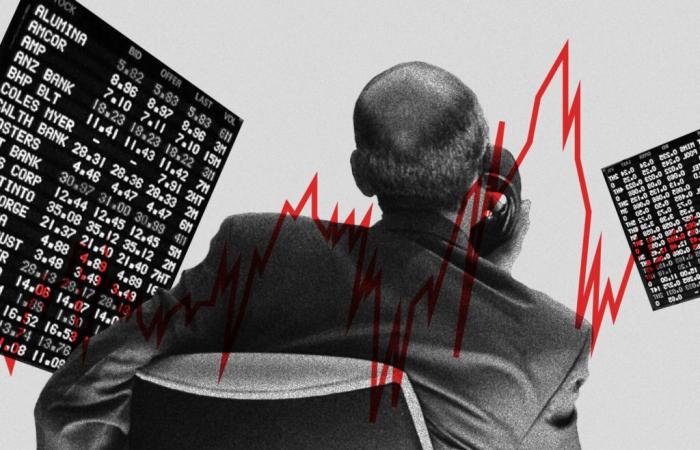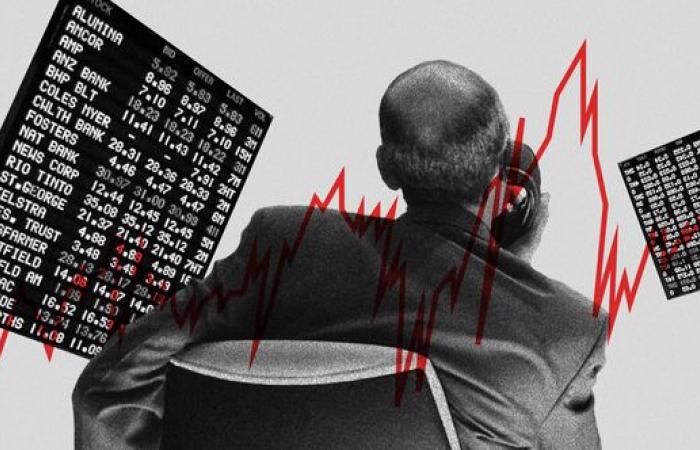Between 1.5 and 3 billion euros in additional tax revenue each year thanks to the adoption of a system to combat sophisticated tax fraud? Michel Barnier's government would certainly see this as a boon for finding new revenue in a budget that is difficult to pass. And yet… During the examination in the Senate of the finance bill for the year 2025, Friday November 29, the government attempted to torpedo an amendment specifically designed to put an end to a fraudulent practice allowing foreign shareholders to French companies to circumvent the tax on dividends, the “CumCum”.
Read also | “CumCum”, “CumEx”: the dividend scandal explained simply
Read later
This sleight of hand consists of temporarily transferring ownership of stock market shares to tax-exempt financial players (French banks, Canadian pension funds, etc.) before dividends are paid, with the aim of evading withholding tax. tax applicable to them. It causes France to lose billions of euros every year, as revealed by the European “CumEx Files” survey, published in 2018 by The World and eighteen European media.
Long ignored by the authorities, the subject has gained momentum in recent years, to the point that the tax administration has launched a series of adjustments targeting large banks involved in such arrangements: Société Générale, BNP Paribas, Natixis, HSBC , Agricultural Credit, etc. For its part, the National Financial Prosecutor's Office opened criminal investigations at the end of 2021 for laundering of aggravated tax fraud.
Long battle
The debates on the finance bill in the Assembly were an opportunity to legislate on what the banks modestly call “dividend arbitrage”. THE “need for tax justice”mentioned by Prime Minister Michel Barnier upon his arrival in Matignon in September, is demanded by part of public opinion. And the amendments on “CumCum” would not cost French taxpayers a cent, the tax being owed by foreign investors.
Everything seemed to converge for the adoption of a system putting an end to this abusive practice, six years after its revelation. There have been numerous amendments in this direction, coming from all political sides. But during the discussions in session, the minister responsible for the budget and public accounts refused to support them. Laurent Saint-Martin estimated that these poorly worded amendments would be “inoperative[s] » facing the “CumCum”, which he does not describe as fraud, like his administration, but as« optimisation excessive ».
You have 66.93% of this article left to read. The rest is reserved for subscribers.







